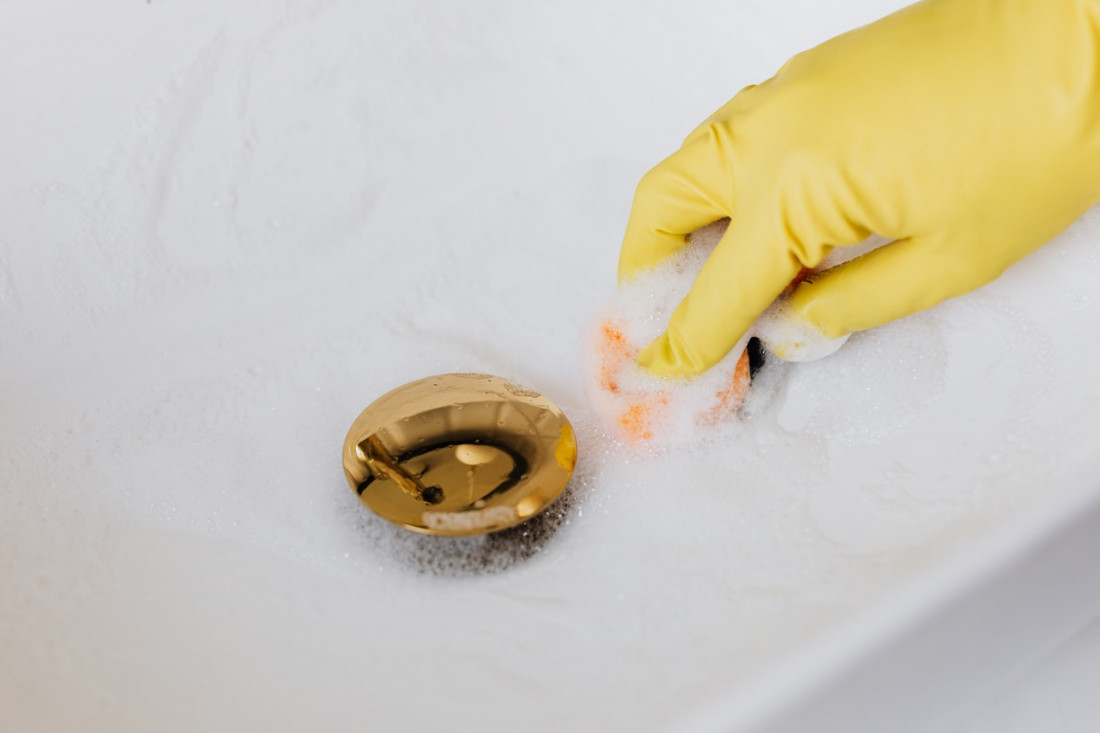Evolutionary theory has so far shown us nature will adapt, even with mankind’s constant development of technology and manipulation of the environment. But that is not to say that mankind shouldn’t consider the effect it has on ecosystems, such as the eutrophication of surface waters. This occurs when phytoplankton excessively blooms in water. These explosions of growth upset the balance of the water, either blocking sunlight from other water born vegetation or by depleting oxygen levels such that aquatic life dies.
Eutrophication is caused by either the addition of fertilisers to a water source (typically the run-off from agriculture), or from the mass use of phosphates (from detergents and cleaning products) that are improperly disposed of.
With more careful use of fertilisers, improved land management and the switching to non-nitrous fertilisers, eutrophication caused by agriculture can be handled with relative ease. For detergents however, the problem is more complex.
Whilst some regions have installed reduction agreements to avoid the use of phosphates in cleaning products, this lead to the use of a variety of substitutes, for example zeolites or sodium tripolyphosphate (STPP), the effects of which have yet to be fully felt.
The European Commission had led a comprehensive study into the comparative effects of phosphates and phosphate substitutes in cleaning products, and has concluded that whilst the phosphate free compositions were generally more environmentally friendly, they were not as effective at cleaning, as they left a grey look to materials.
Other products that were better at washing and which had a low impact on ecosystems were prohibitively expensive.
It must therefore be concluded that a perfect solution has yet to be found for a ‘green clean’, which is why the use of phosphates continues. Alternative suggestions include the return of CFC’s or the degreasing clean from using chlorinated hydrocarbons, both of which have a big environmental impact.
The search for a cost effective solution must therefore continue. We need to adapt our approach to cleanliness, but as we do, we must ask ourselves, can nature adapt in time?

